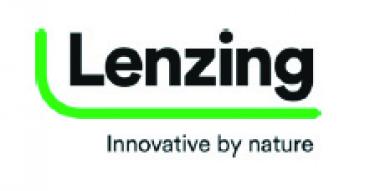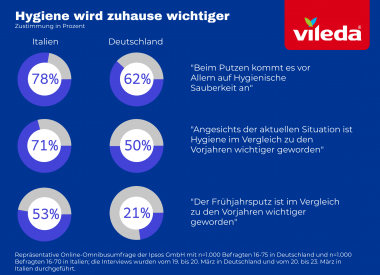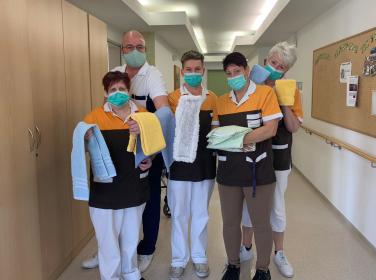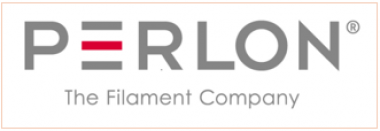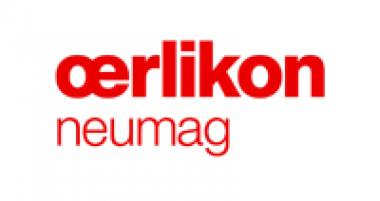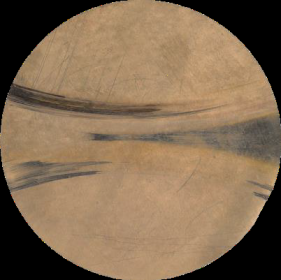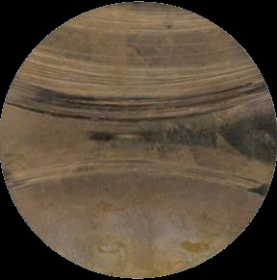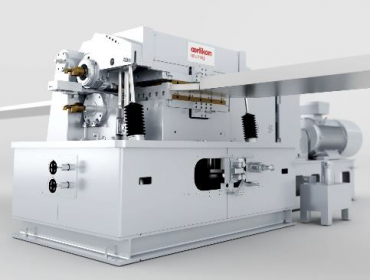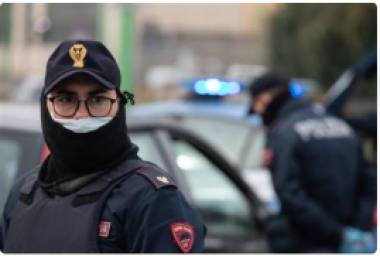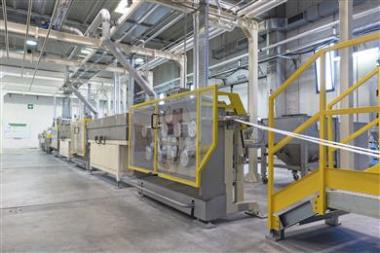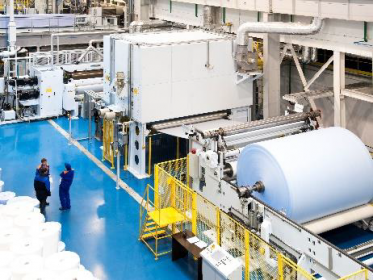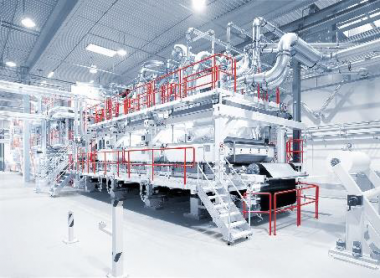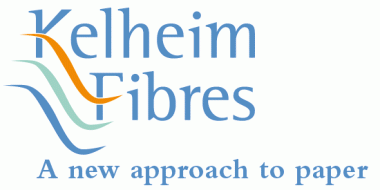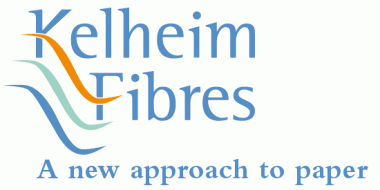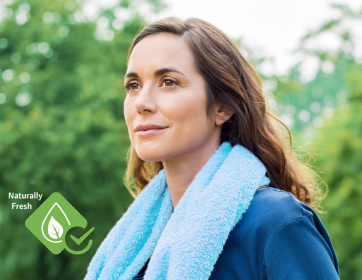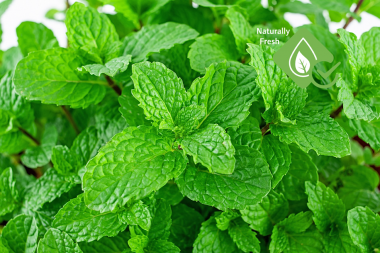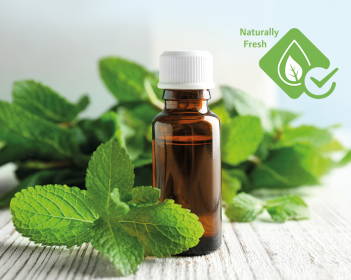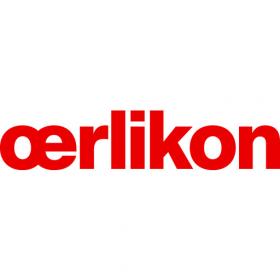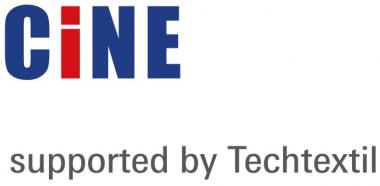SANITIZED AG announces new partnership with Consolidated Pathways Inc. Midland
- Expanding global textile and polymer business
SANITIZED AG announces that it has entered into an agreement with Consolidated Pathways Inc. Midland, Michigan USA to globally promote the Sanitized® odor-management, hygiene function and material protection technologies to brands and retailers. Consolidated Pathways will also support the advancement of the trusted Sanitized® Quality Seal and related branding concepts. The longtime co-operation between SANITIZED AG and ARCHROMA remains unchanged and is supported by the activities of Consolidated Pathways.
Consolidated Pathways acts as global brand and technical representative for the Sanitized® line of antimicrobial products. Consolidated Pathways will be focusing on commercializing Sanitized® products in textiles and will use its broad experience in polymer-based antimicrobials to extend the reach of the unique technologies that SANITIZED AG offers.
Consolidated Pathways, Inc is based in Midland, Michigan USA. The Principals of Consolidated Pathways have over two decades of experience with commercializing polymer-based antimicrobials and sustainable surface modification technologies.
Sanitized AG




